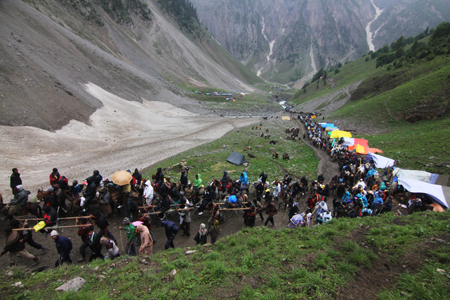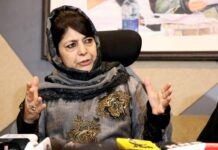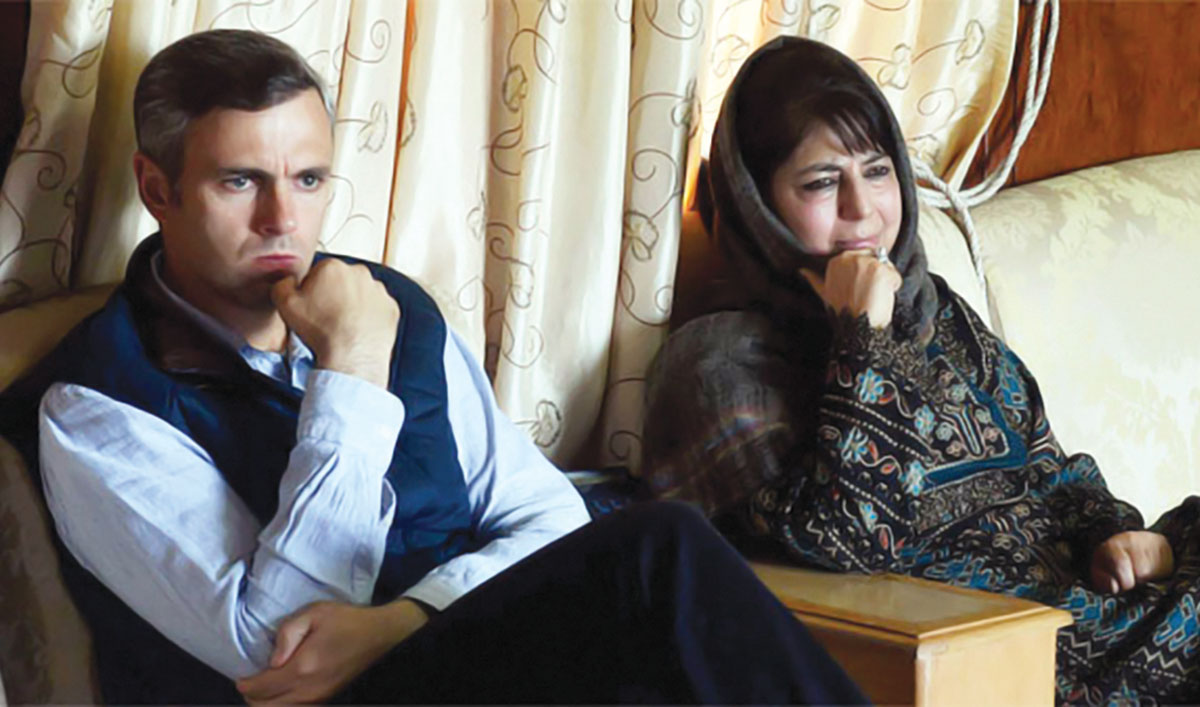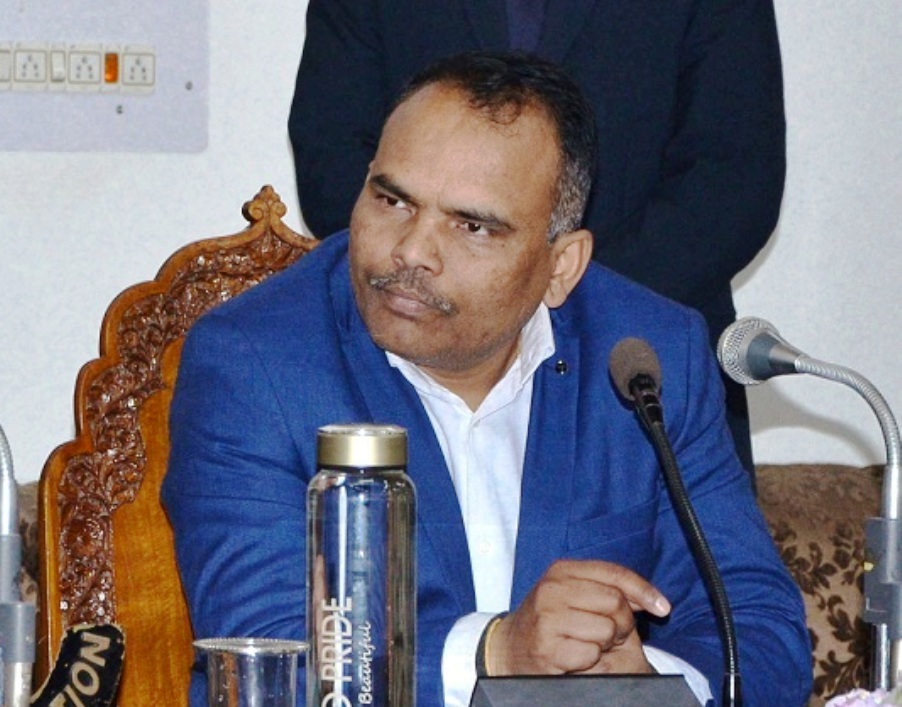SRINAGAR: In a groundbreaking discovery, scientists from Utrecht University in the Netherlands have located the long-lost continent of Argoland, once part of the ancient supercontinent Gondwana, which had broken away and drifted apart millions of years ago.
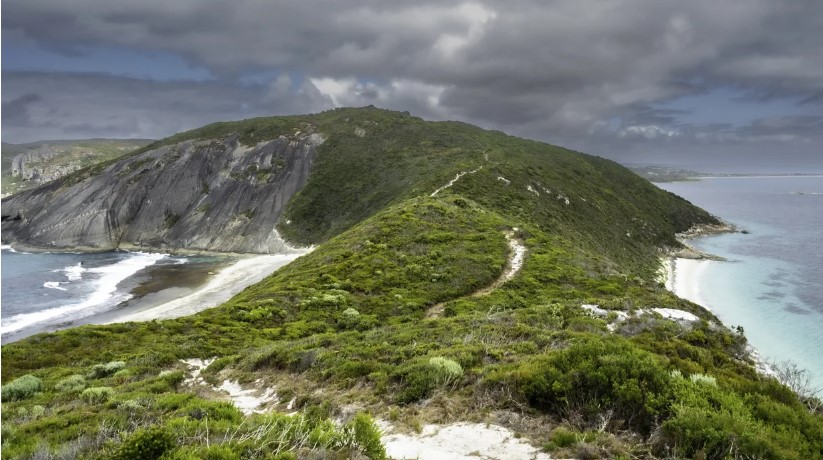
The findings, published in the scientific journal Gondwana Research, reveal that the discovery took seven years of meticulous research and analysis, major Australian broadcaster 7News reported.
The clues to Argoland’s existence were found in oceanic remnants along the 5000km “Gondwana-derived fragment,” now identified as the Argo Abyssal Plain off the coast of Western Australia. This deep basin indicated that a massive landmass had separated from Australia approximately 155 million years ago. The discovery not only sheds light on the geological history of the region but also contributes valuable information on evolution, climate, biodiversity, tectonic forces, and the formation of mountains.
Unlike other fragments of Gondwana, such as Africa and South America, which broke away in larger pieces, Argoland fractured into shards during the Jurassic period. The broadcaster quoted Dr Eldert Advokaat, one of the researchers involved, explaining the challenges they faced: “We spent seven years putting the puzzle together. We had an idea that something had rifted off from Australia, preserved in the Argo Abyssal Plain, but we couldn’t find the fragments.”
While some portions of Argoland are believed to have been subducted, much of it has been identified in Southeast Asia. Advokaat detailed, “The most northern and western pieces are now below Western Myanmar, then we find them in Borneo, in Java, in Sulawesi, and in Timor.” The research involved geological imaging technology to measure hidden lengths of the continent buried in the Earth’s mantle, and the age of rock formations across Southeast Asia was tested to reconstruct the ancient landmass’s journey.
This groundbreaking discovery not only solves the mystery of Argoland’s location but also contributes to a better understanding of Earth’s geological past. The continent’s preservation of the Earth’s magnetic field in its minerals and rocks provides scientists with a unique window into the distant past. As Dr Advokaat noted, “Scientifically, it was a big relief to have found it,” marking a significant milestone in the ongoing exploration of Earth’s ancient history.



